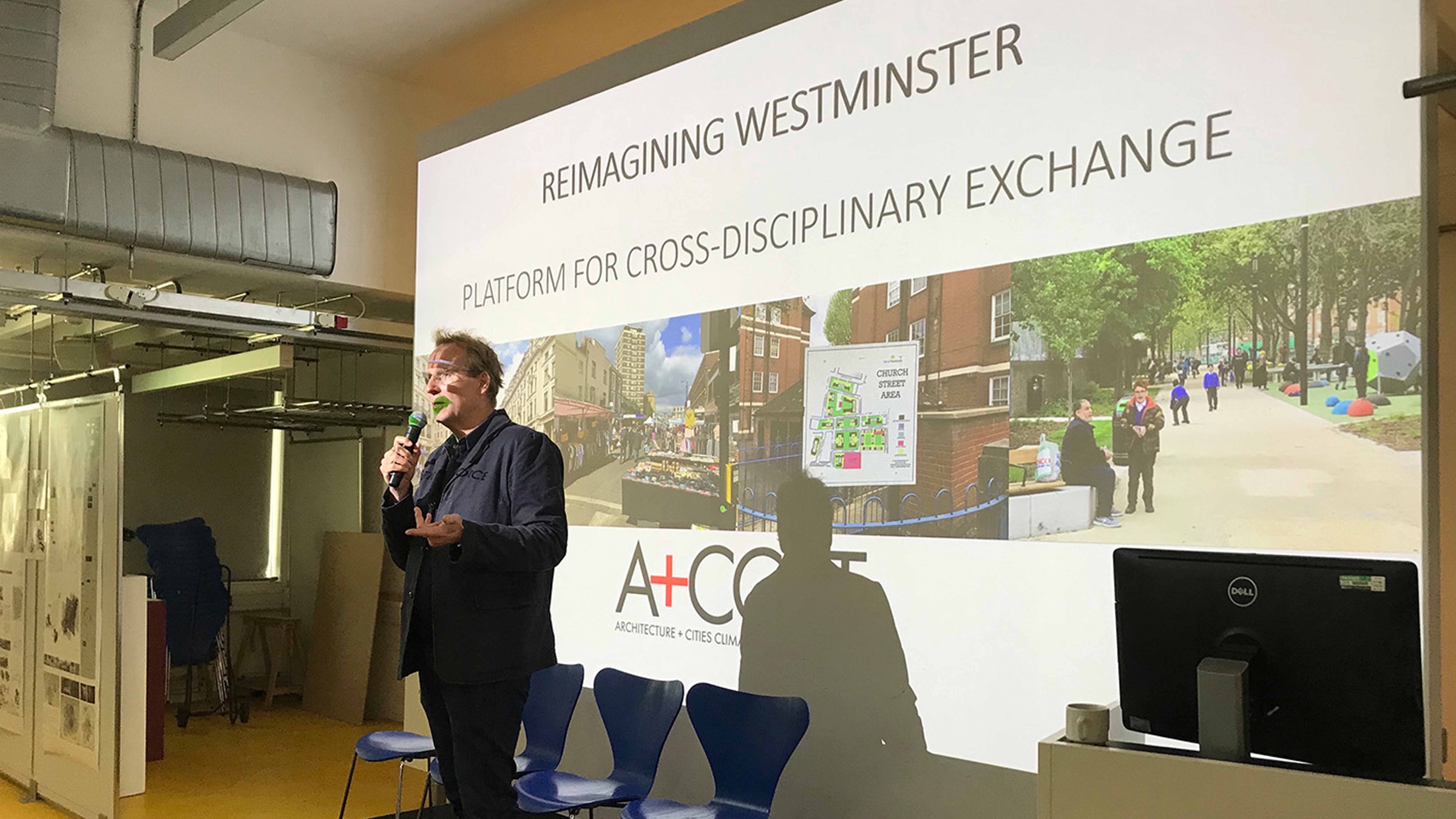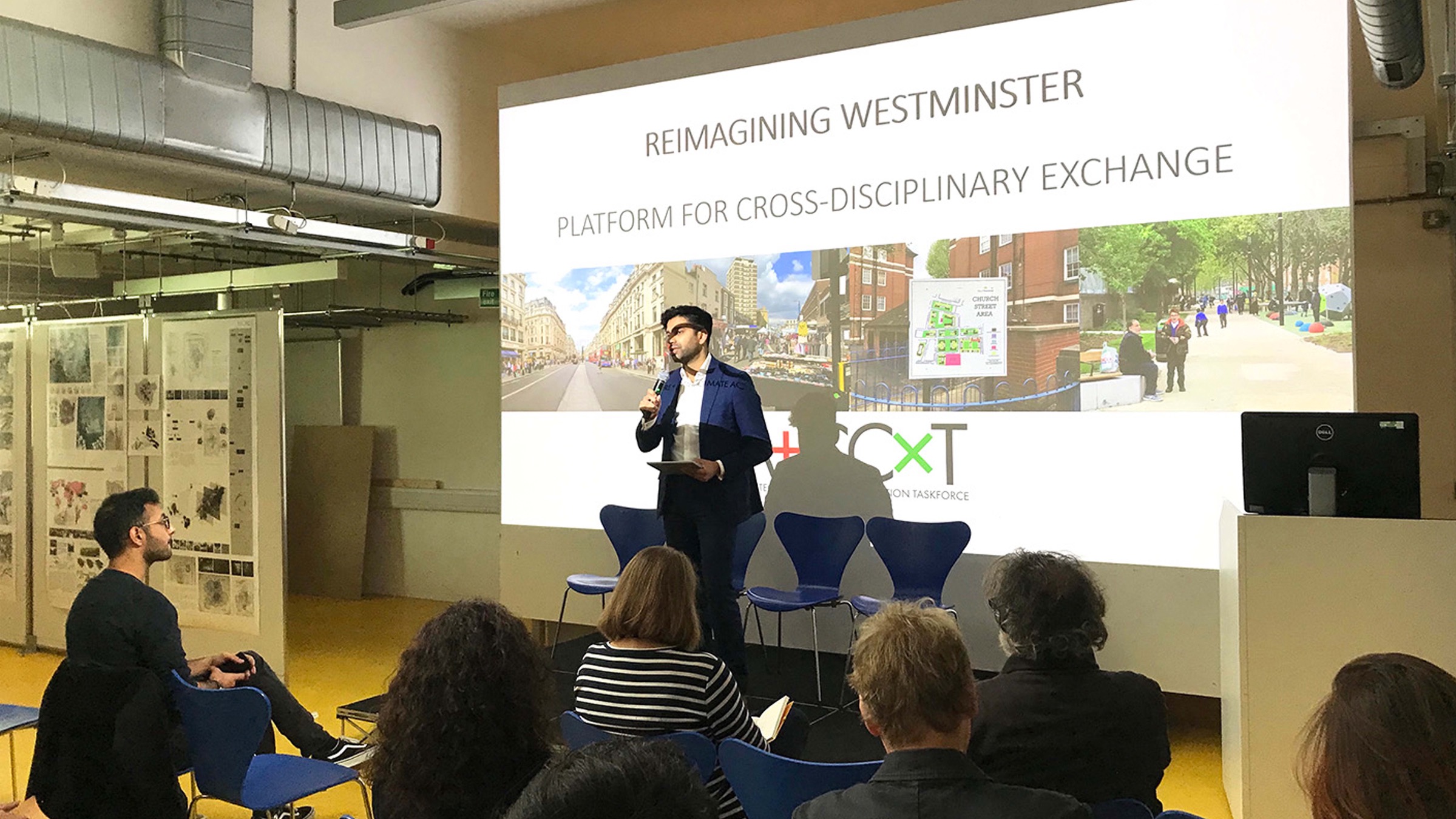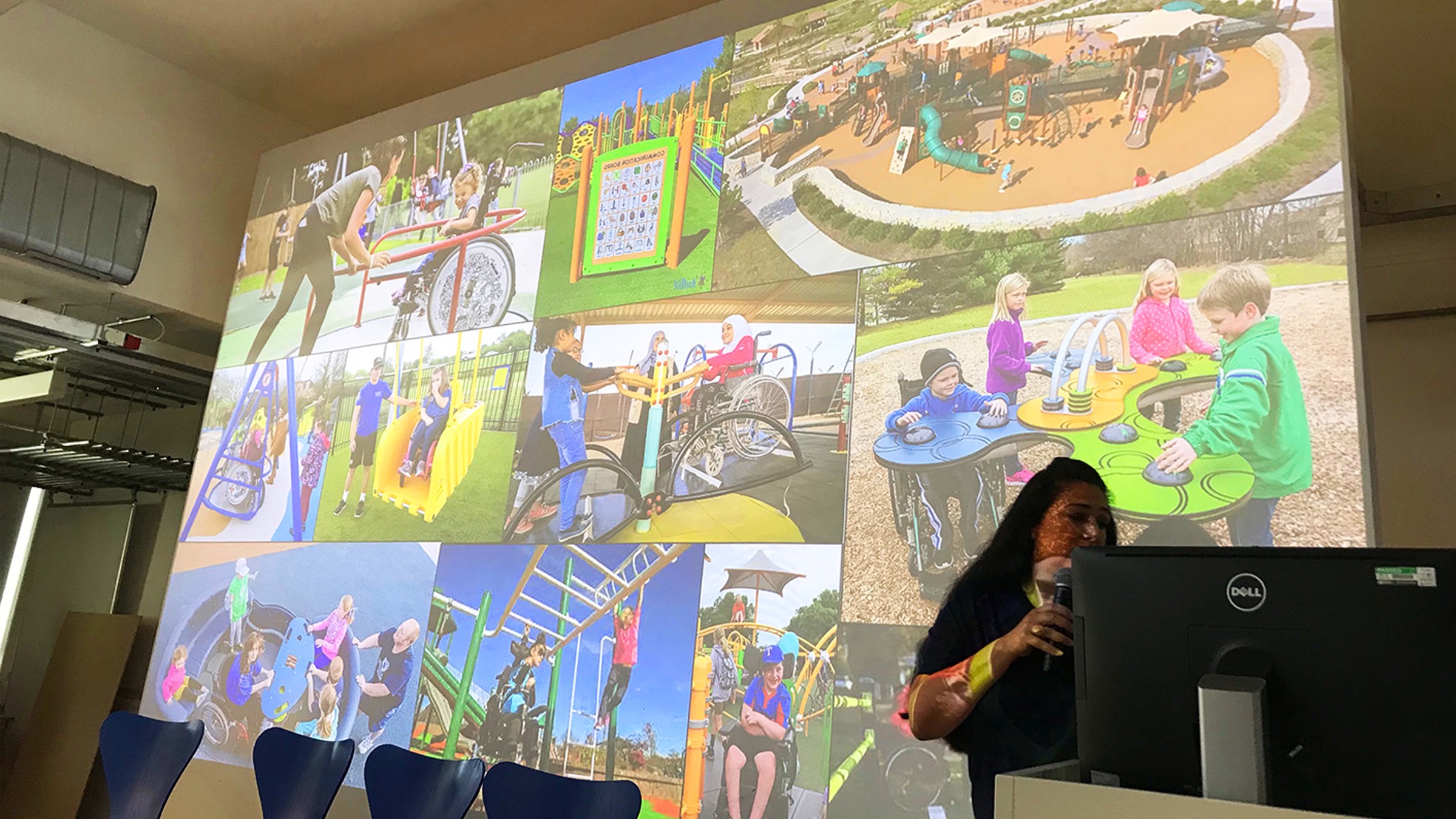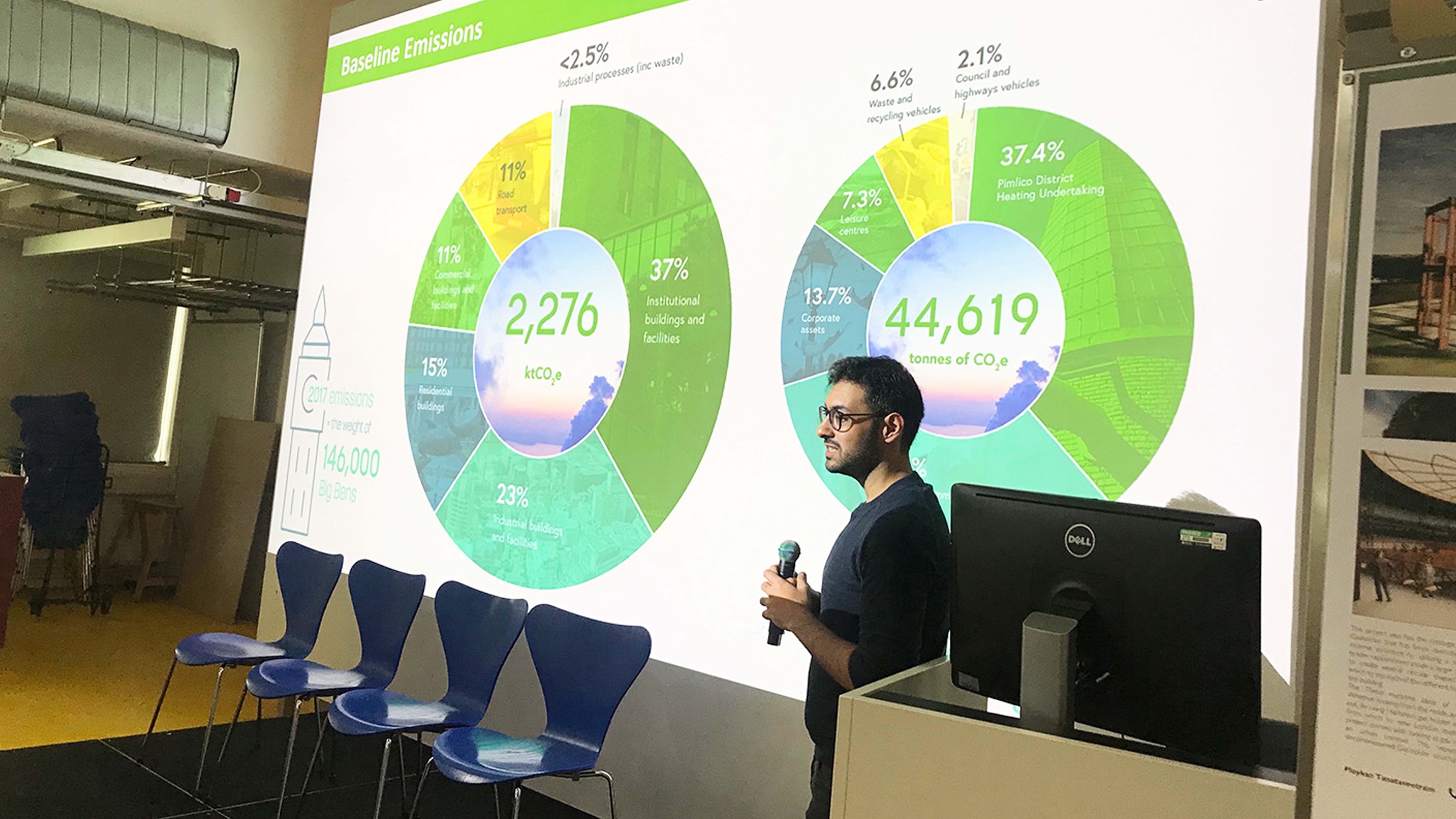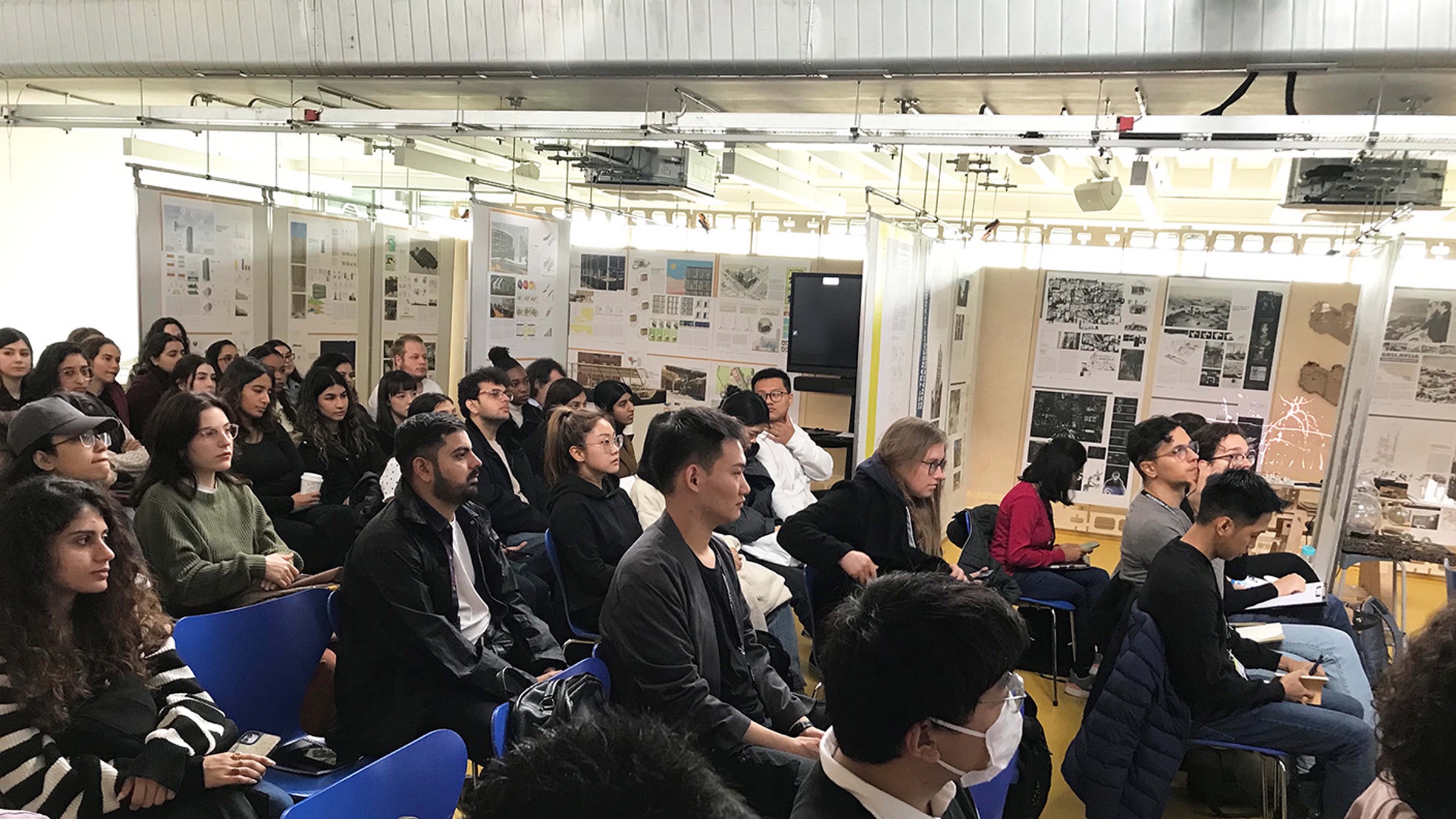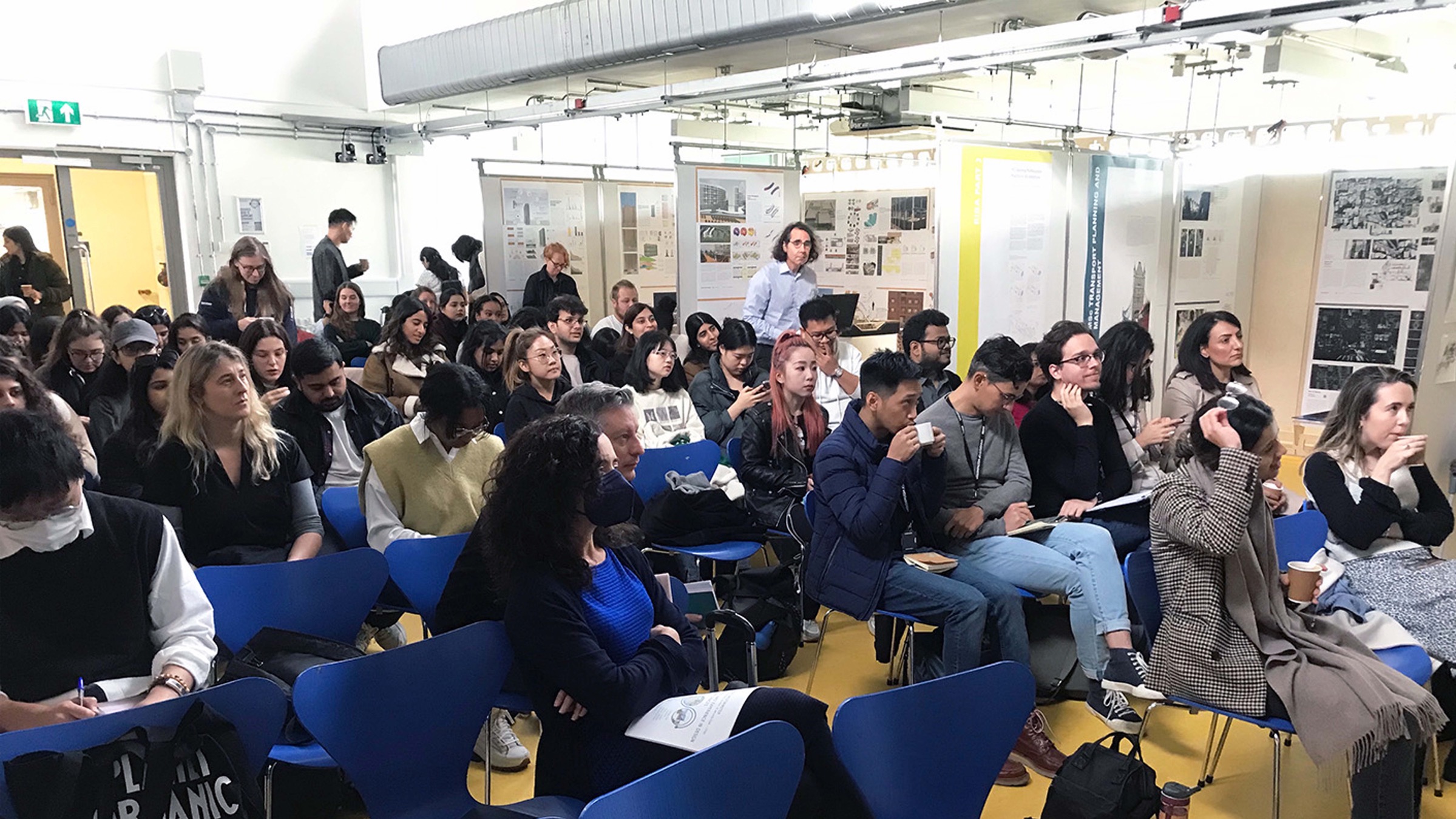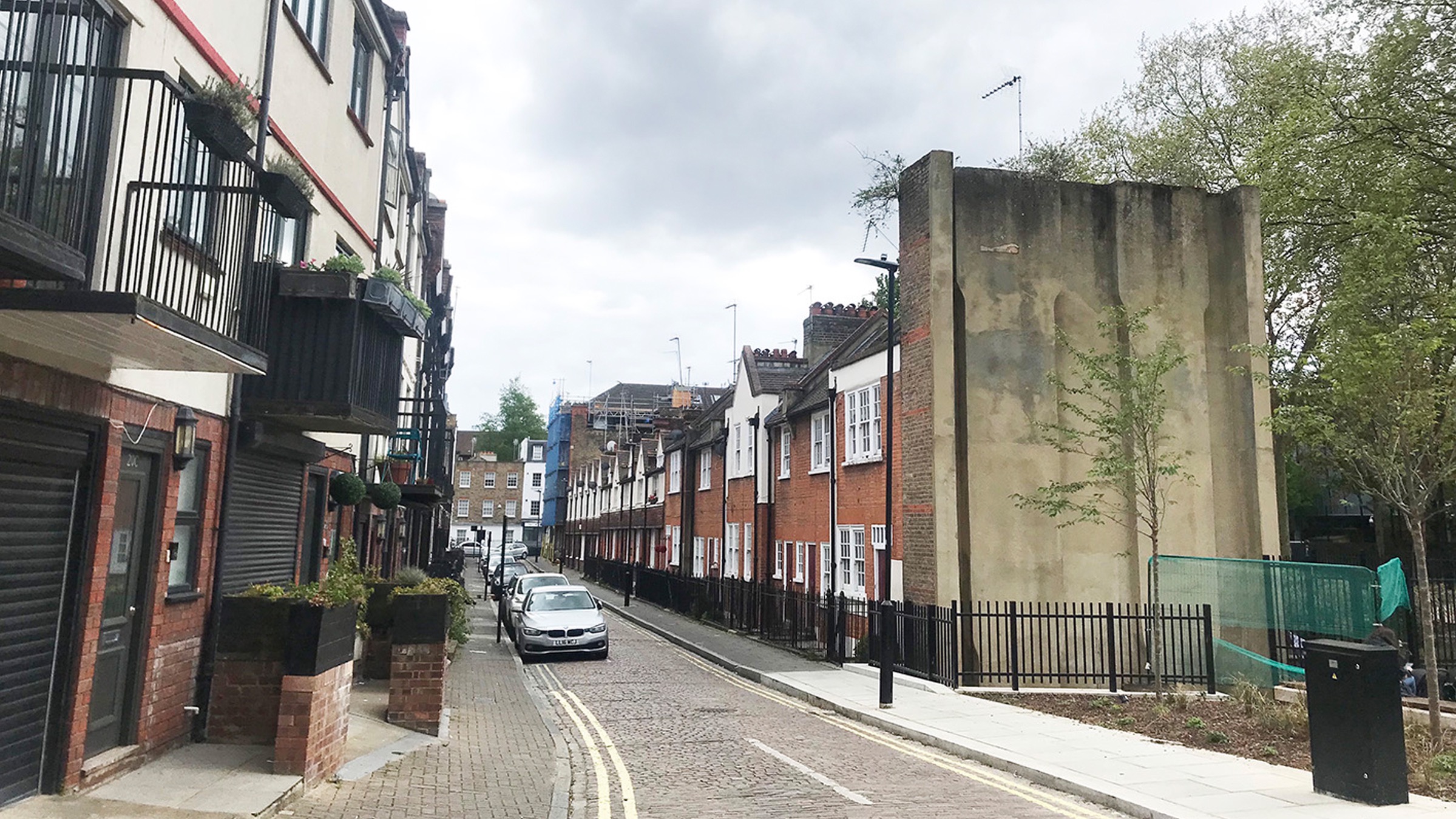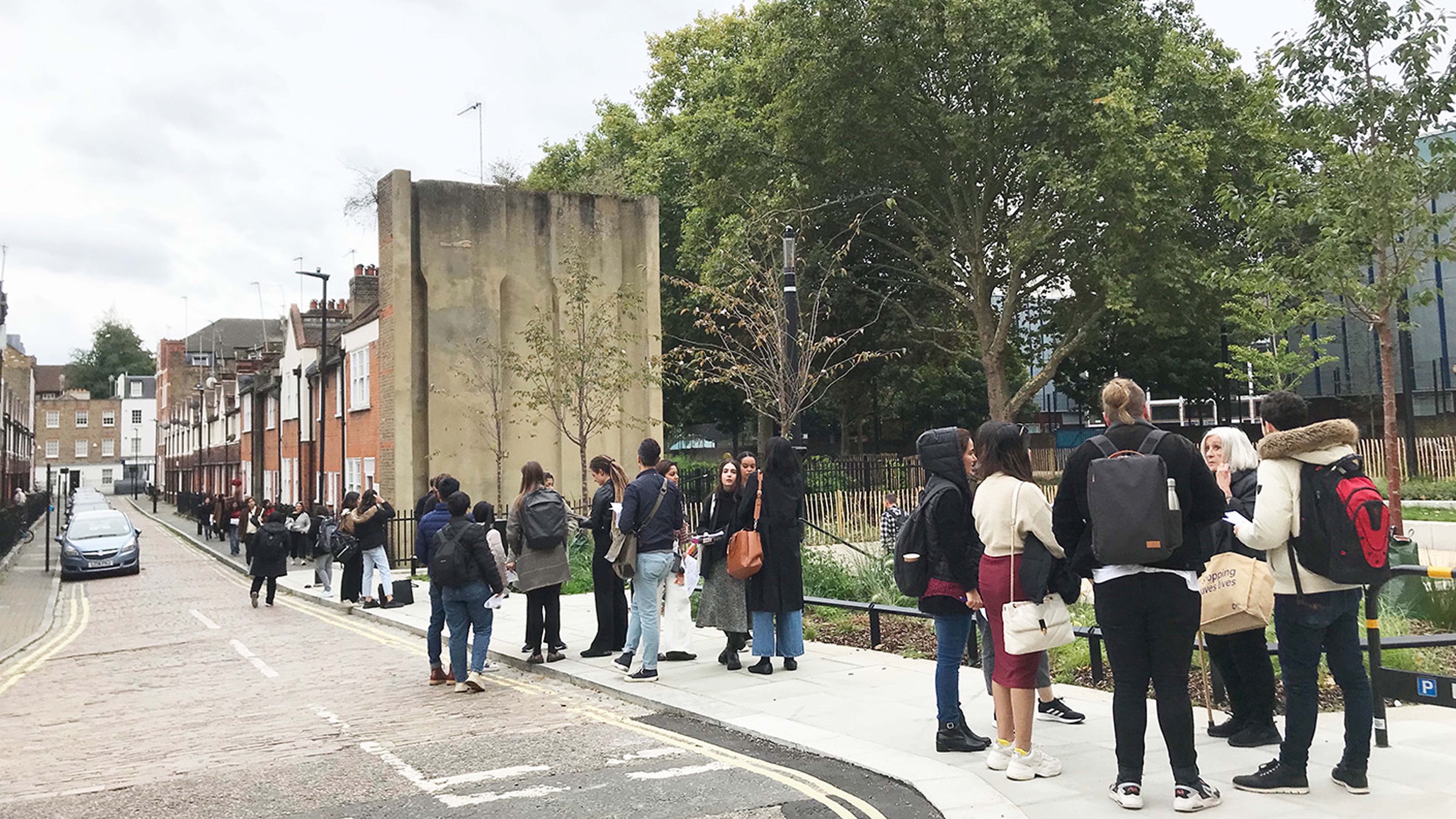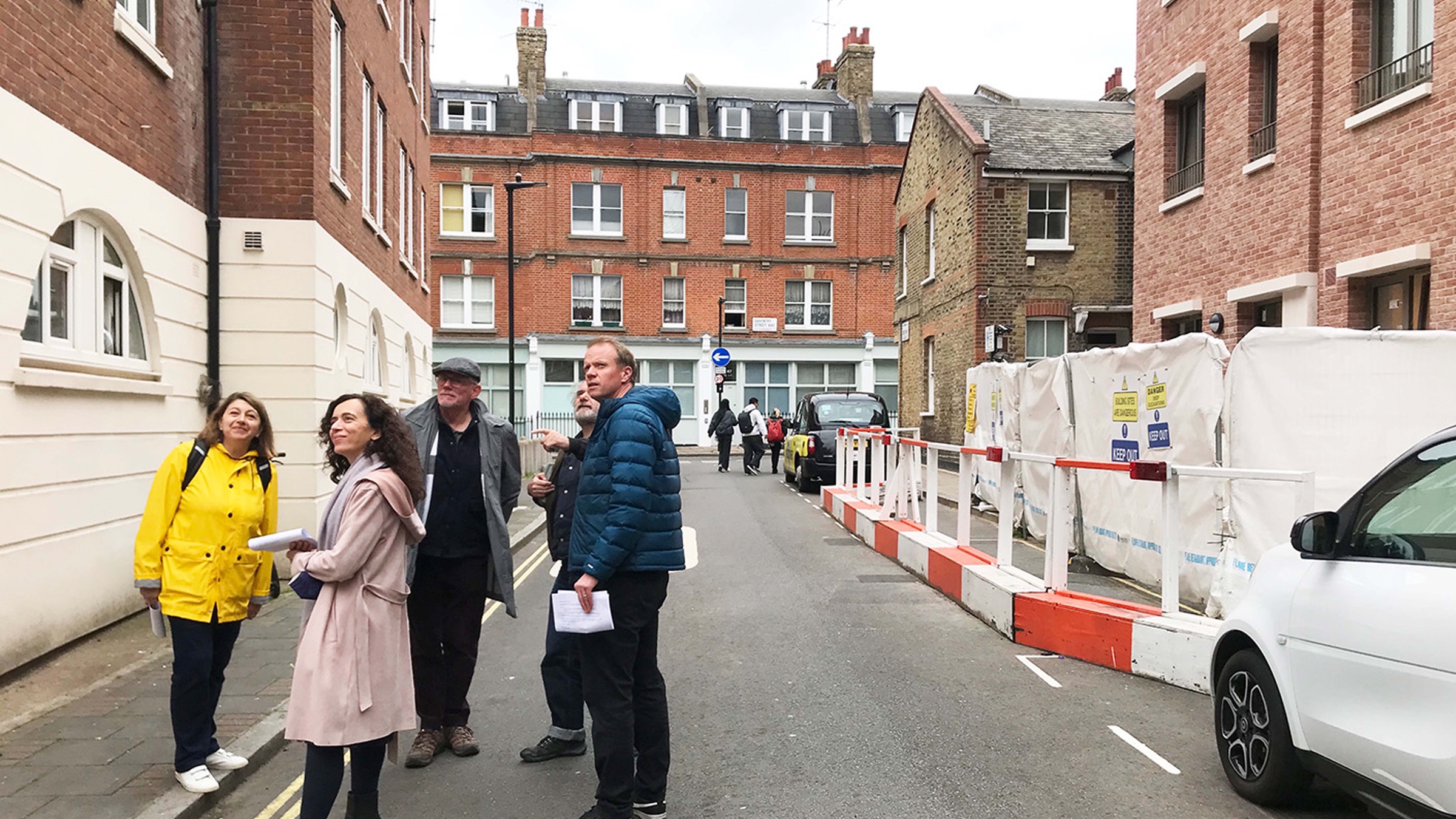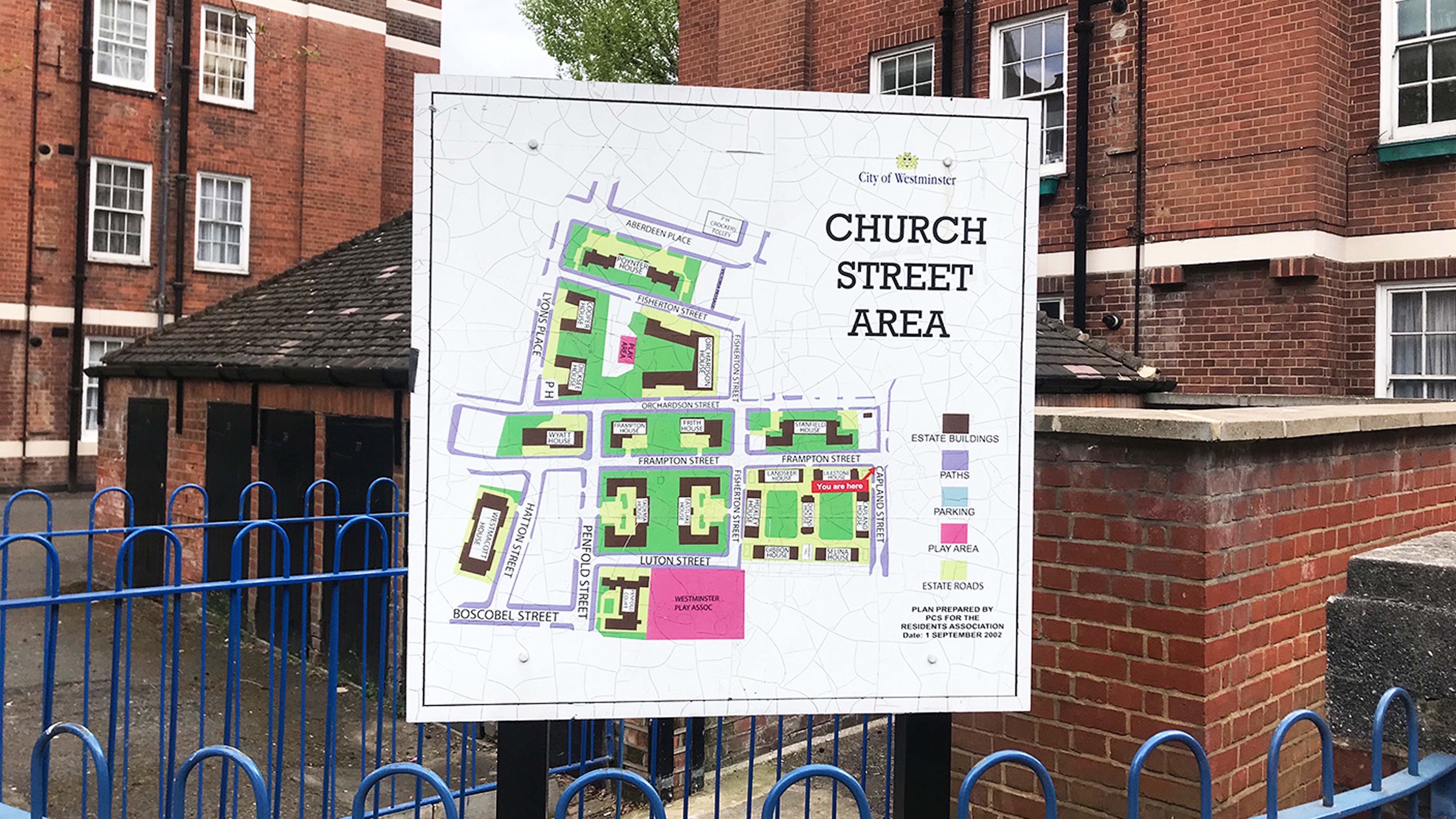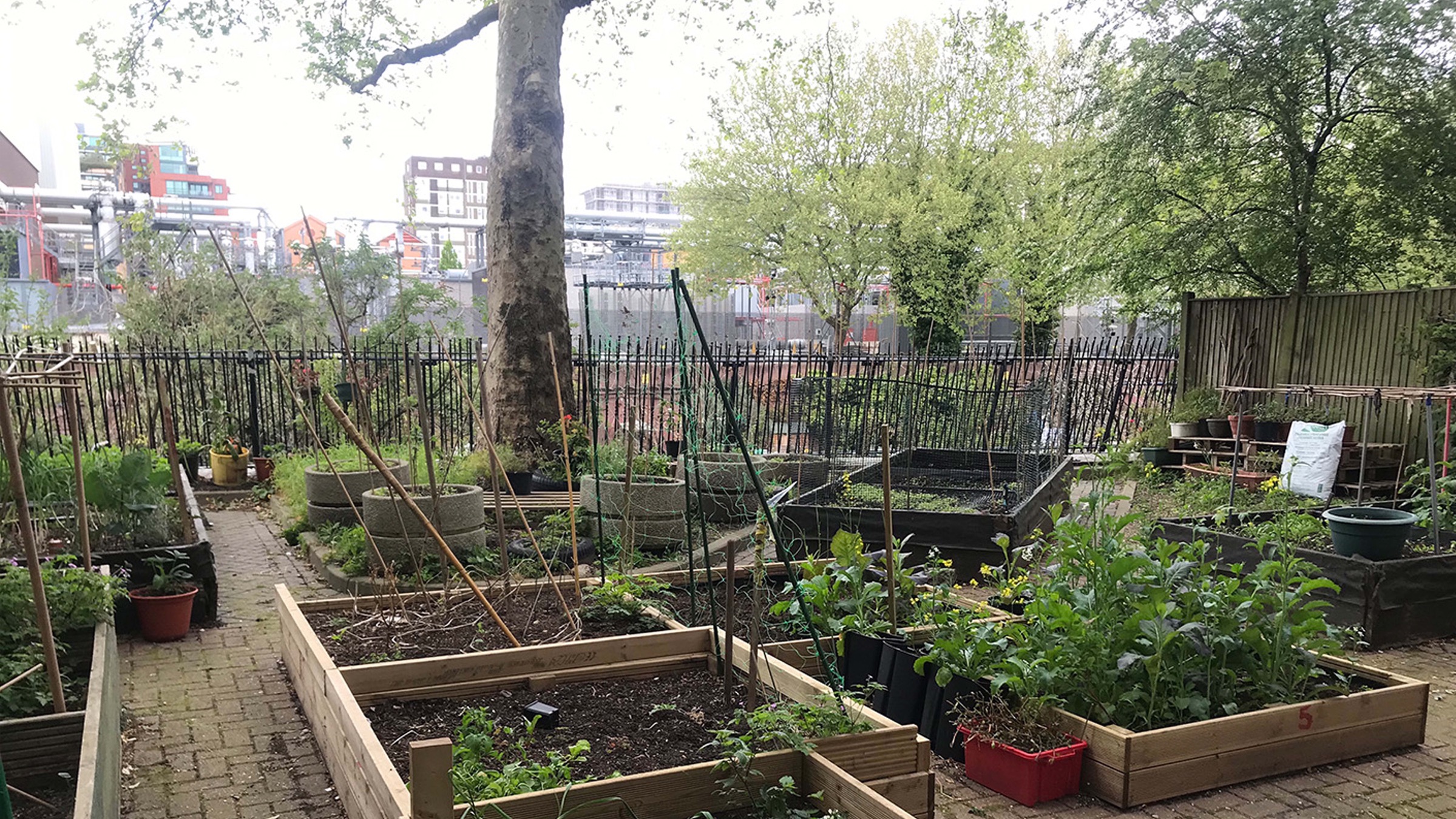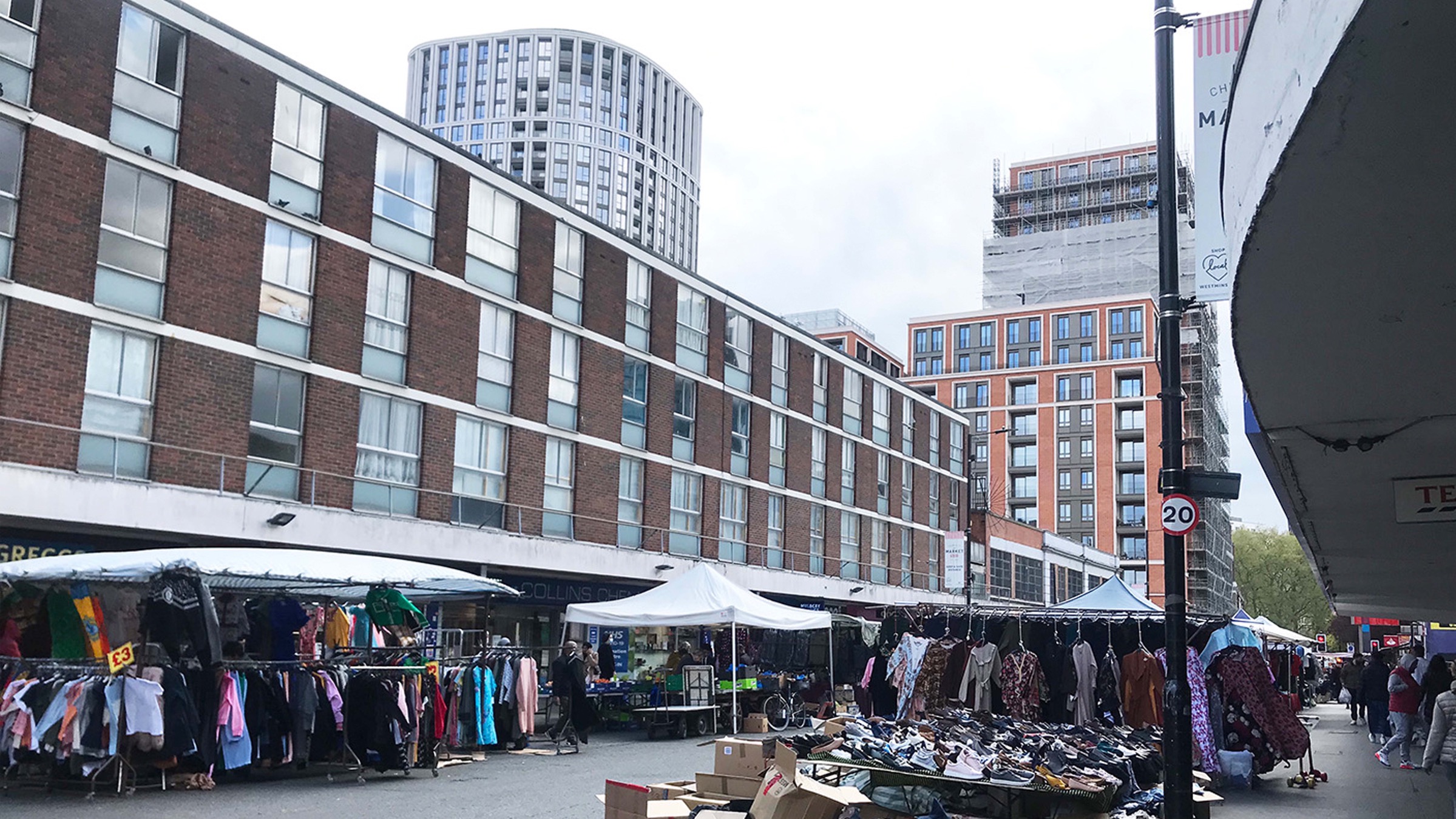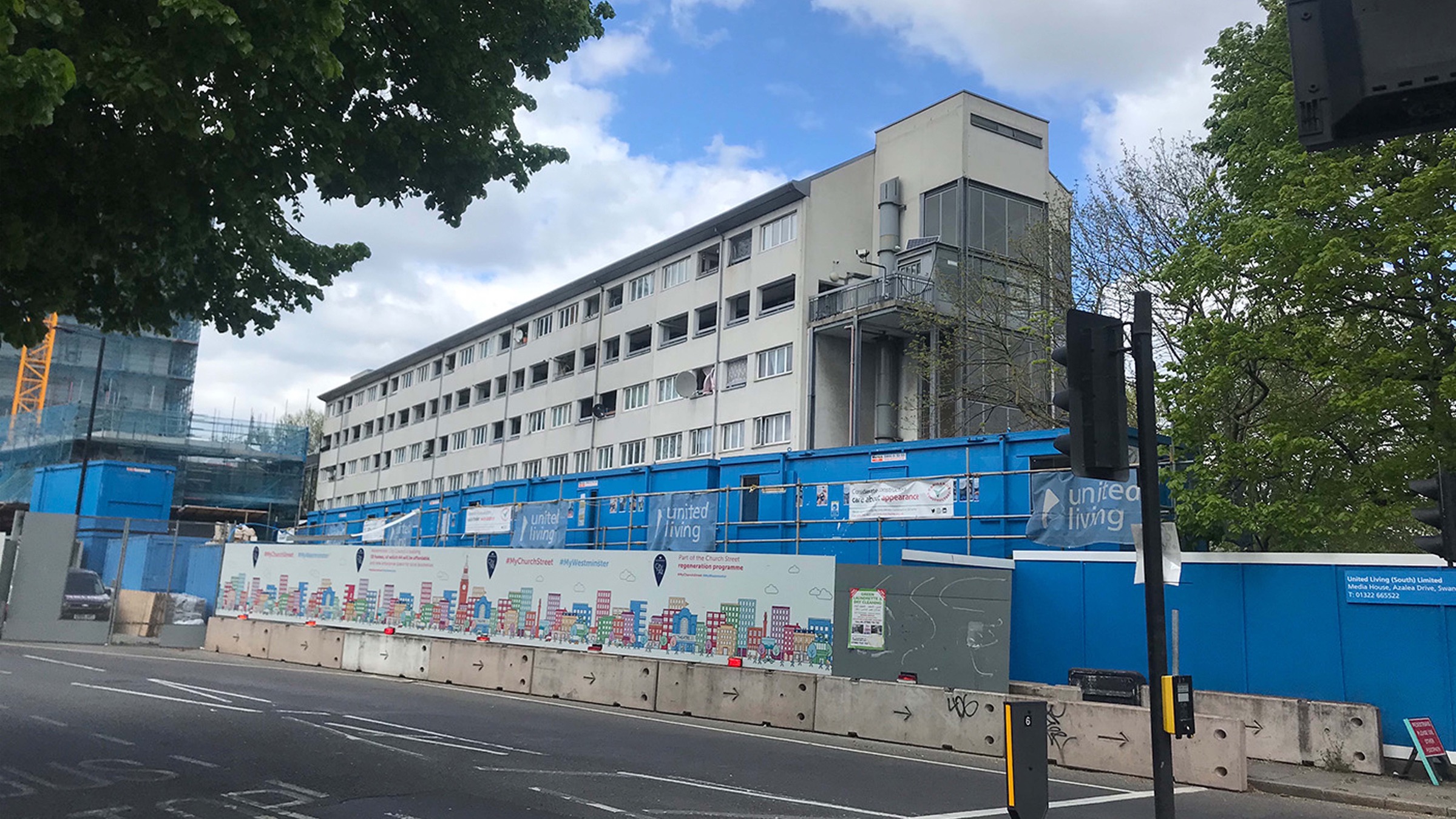Westminster Cross-Disciplinary Exchange Beyond Studio
[This initiative has now ended]
The Westminster Cross-disciplinary Exchange is an inter-disciplinary post-graduate programme set up in the School of Architecture + Cities in 2022, to enable staff and students to respond to climate and ecological emergencies from their disciplinary bases, in conversation with wider academic and social communities.
While there is a growing acknowledgement of the emergent reality of climate and ecological breakdown, it is also clear that existing efforts to address these civilisational threats are not working. They are constrained by a global economic system based on perpetual growth that requires unlimited supplies of energy to continuously open up new frontiers for the extraction of value from nature and labour, and the political systems designed to maintain the privileges of those who benefit from it. These systems frame nature as an extractive resource to be plundered, underpinned by binary conceptions of the relations between humans and the natural world.
Nowhere is this more evident than in the urban environment, which is structured by the relentless logics of capital to derive value from real estate and speed up the circulation of commodities. Buildings generate nearly 40% of annual global CO2 emissions. Of these total emissions, operating systems account for 28% and building materials and construction, account for 11% (https://architecture2030.org/why-the-building-sector/). The practices that drive these emissions are the practices that our students will be absorbed into when they leave the University. This programme has has been designed to provide them with tools to think critically about these underlying logics and to work towards bringing about the radical changes in society and practice to not only reduce reliance on fossil fuels but also to rethink collective existence from the bottom up.
In response to this context, the School of Architecture + Cities has set up a cross-disciplinary pedagogic programme across all graduate (Masters) level courses, focused on the Borough of Westminster.
The aims of the programme are:
- To develop a new model for grounded, cross-disciplinary education and encourage collaborative learning between staff, students and external stakeholders
- To introduce students to economic models through which to frame critical responses to the challenges of the climate and ecological emergencies
- To bring different methods, approaches and scales to bear around common agendas
- To relearn design in the light of current economic, climate and ecological challenges
- To develop opportunities for the school to engage in sustained involvement with local communities
The programme provides an opportunity for students to examine new green deal, doughnut, circular economy and de-growth economic models and policies as critiques of the neo-liberal, fossil fueled economics driving the climate and ecological crises. They will think through the implications of these economic models for the urban environment and use them to frame critical responses to the economic, climatic and ecological challenges faced by the Borough of Westminster, at a scale appropriate to their discipline.
The programme is delivered through existing course modules. Module leaders have formulated module briefs to meet the aims of the Cross-disciplinary Programme, while, at the same time, meeting their existing module learning outcomes. Joint activities for all participating modules, such as lectures, workshops and reviews have taken place at key moments in the year and a joint exhibition and knowledge exchange event will be held at the end of the year. Where individual modules have delivered content of value to students in other modules, other modules have been notified and their students invited to attend, time-table permitting.
The programme was launched at a day-long event at the University of Westminster on 30 September 2022. Ryan Jude, Westminster Labour Councillor for Lancaster Gate and Deputy Cabinet Member for Climate Action and Biodiversity gave an inspiring motivational talk to start the day, followed by a more detailed account by Bilaal Hussein of the Westminster City Council of the councils actions to date. The course leaders of each unit involved in the programme then presented what their students would be working on. These included the MArch, MA Arch, the MA Interior Architecture, MA Urban Design, MSc Architecture and Environmental Design, MSc Transport Planning and the MA Tourism and Events presented. We then had inputs from a number of externa; parties with interests in Westminster Borough: Rachael Aldridge of the Cross River Partnership, Anna Mansfield of Publica, Lucy Gardner of Citizens UK and Sara Momtaz of the All Play Project. The morning ended with a presentation by Alfredo Ramirez of Groundlab on his practice’s work on Green New Deal Landscapes.
During the afternoon, students were divided into cross-disciplinary groups and went on a walkabout around the Church Street neighbourhood, north-west of the university. When they returned, they discussed their observations and were asked to share any experiences / perceptions they had of climate change in their home towns.
Since then, the module leaders involved have set up a number of interactions between modules, and at the start of the second semester, students presented work accomplished in the first semester. Bilaal Hussain and Grace Corn of the Westminster City Council, Lucy Gardner of Citizens UK, Anna Mansfield of Publica and Sara Momtaz of the All Play Project responsed to the work. Since then students of the MA Urban Design course who worked on the All Play project have presented their work to the Westminster City Council and there are plans to apply for grant funding to realise the project.
Professor Lindsay Bremner is currently the overall co-ordinator of the programme. It will be evaluated at the end of the 2022/23 academic year and a decision taken as to how to continue it.










